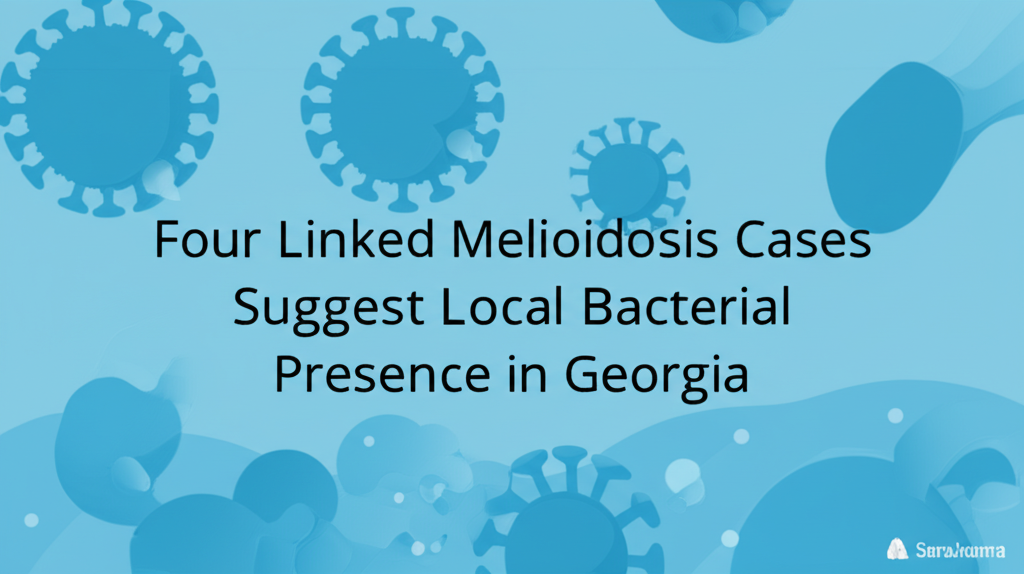
Saralnama
Four men from the same Georgia county were infected over four decades by Burkholderia pseudomallei, a soil bacterium usually found in tropical regions. Genetic analysis revealed the bacterial strains were closely related, indicating a shared local source. The infections occurred in 1983, 1989, and twice in September 2024, shortly after Hurricane Helene, which may have triggered the recent cases by exposing workers to contaminated soil and water. Two men in 2024 recovered after treatment, while the earlier cases were fatal. The bacterium causes melioidosis, a serious disease that can be difficult to diagnose and treat. The findings suggest B. pseudomallei has been present in Georgia’s environment for decades, possibly introduced via military activity related to the Vietnam War. Confirmation requires environmental sampling. The CDC notes about a dozen US cases annually, mostly linked to travel, but local sources like those found in Mississippi and now suspected in Georgia highlight the need for awareness, especially after severe weather events. (Updated 23 Aug 2025, 05:23 IST; source: link)
